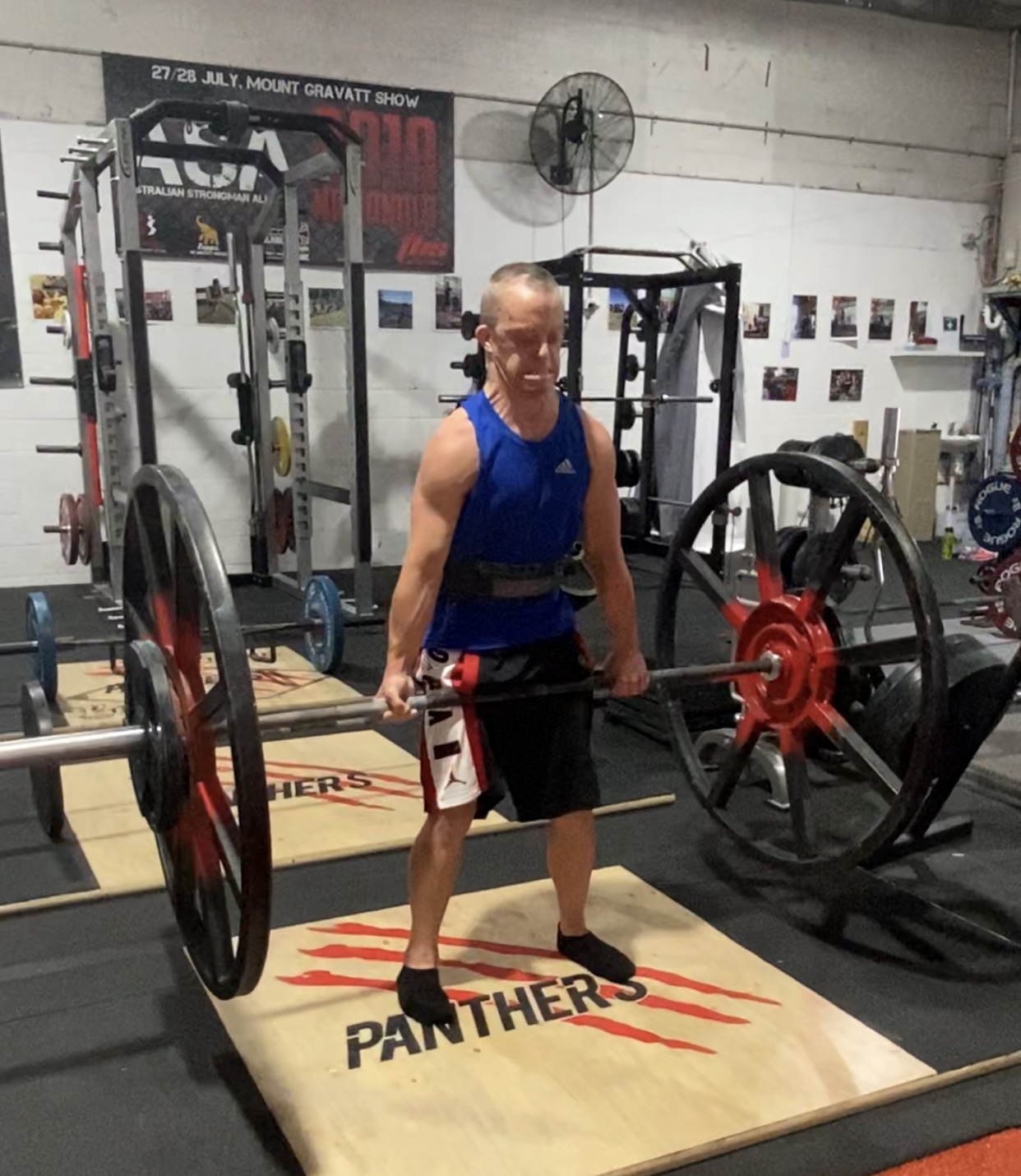
By Andrea Phillips
November 2020
MARTIN SMITH must have missed the memo about the physical characteristics of people with Down Syndrome including low muscle tone and decreased strength.
Competing across mainstream and Special Olympics powerlifting competitions, Martin’s training routine incorporates leg pressing 114 kg, deadlifting 104 kg and bench pressing 70 kg.
His Special Olympics journey spans 26 years, from joining as a 13-year-old to winning a swag of gold medals in gymnastics at the Special Olympics World Games in Los Angeles in 2015 and in Abu Dhabi last year.
On returning from Abu Dhabi, Martin added powerlifting into the mix with his regular basketball and swimming training through Special Olympics’ Moreton North club.
Outside Special Olympics, Martin is a sensei and has a black belt in karate. He also trains on the Ninja Warrior course at Urban Xtreme in Brisbane, where he works in a voluntary capacity, teaching others to use the daunting equipment correctly.

Martin’s drive, dedication and confidence make him a role model to up-and-coming young athletes, and he has notched up coaching accreditations in basketball, gymnastics, and swimming.
Completing Special Olympics’ Athlete Leadership program has allowed Martin to build on his sports prowess and take opportunities to develop and demonstrate his abilities in organisational leadership roles as an athlete representative on the Moreton North club committee and Queensland state sport working group.
The program curriculum gives athletes leadership skills training as well as personal and professional development that they can apply to meaningful roles within the organisation, community, and workplace.
Special Olympics Australia board director Jill Rathborne said the program builds athletes’ capacity to have a voice and be teachers of inclusive practices.

The end goal of the Athlete Leadership program globally is that Special Olympics will become athlete led, where athletes help determine policy, set direction, and lead programming.
Special Olympics Australia has two athlete leaders on its board, which Rathborne says helps it to keep athletes “front and centre” when guiding the organisation.
Meanwhile if history is any indication, Martin will make the most of every opportunity to share his abilities, experiences, and knowledge in and outside the sports arena.
Special Olympics Australia’s strategic plan sets inclusive leadership as a strategic priority, committing to develop athlete leaders, provide them with leadership opportunities and empower athletes to contribute to organisational decision-making.
It commits to targets of having two athlete leaders on each club and state committee by next year, establishing a national athlete advisory committee to the board by January 2021 and distributing an inclusive leadership framework to steer state committees and clubs in implementing athlete leadership training and pathways by June 2021.
Combining the transformative power of sport and a holistic approach to athlete well-being enables Special Olympics Australia to support a better life for people with an intellectual disability.
Special Olympics Australia strives to ensure that everyone living with an intellectual disability can participate in sport. Our dedicated network of volunteers creates accessible sports training, coaching and competition opportunities that allow people with an intellectual disability to reach their personal best – in sport and in life.
We provide: